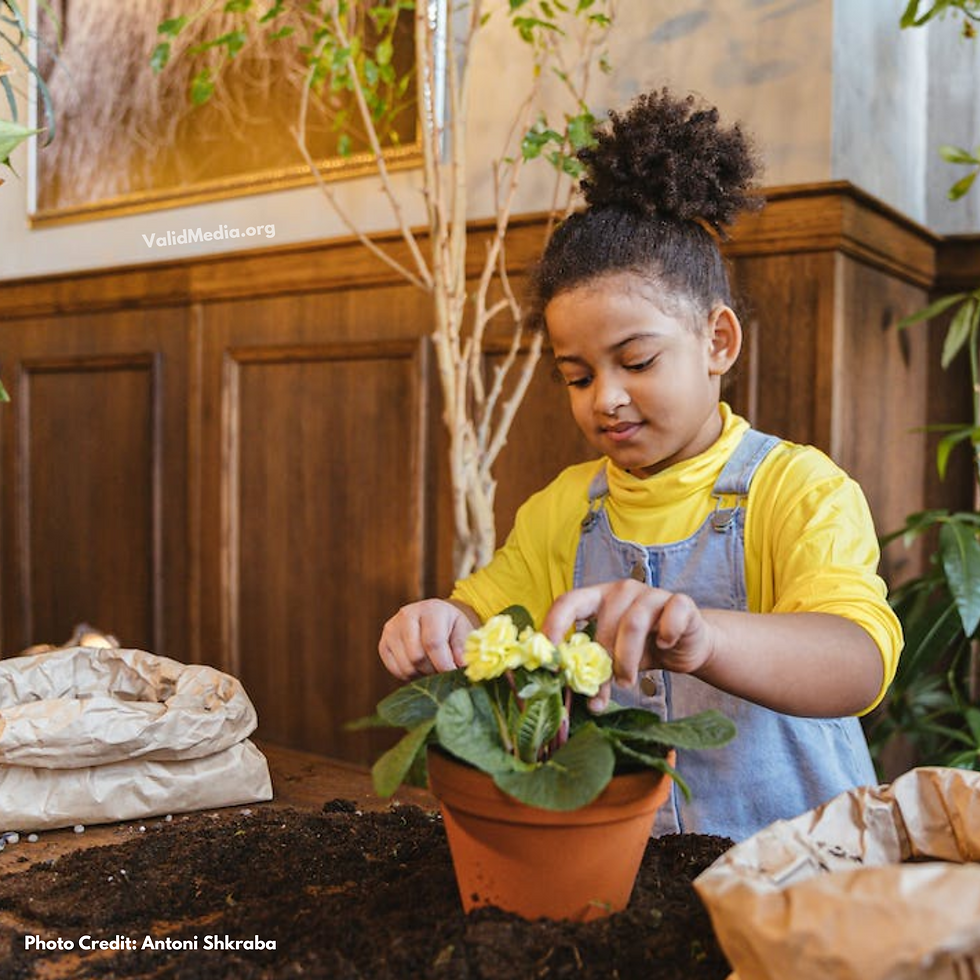
In an increasingly urbanized world, the importance of teaching young children how to garden has become paramount. As we navigate complex challenges like the economy, GMOs, and pesticides, empowering urban children with gardening skills not only fosters a deeper connection with nature but also equips them with invaluable knowledge about sustainable practices and healthy food choices.
Reconnecting with Nature:
In today's fast-paced, technology-driven society, urban children are often disconnected from the natural world. By introducing gardening, we provide an opportunity for them to reconnect with the environment, fostering a sense of wonder, curiosity, and appreciation for the Earth's beauty.
Educational Value:
Gardening serves as a rich educational platform, teaching children about plant life cycles, photosynthesis, and the delicate balance of ecosystems. It provides hands-on experiences that stimulate critical thinking, problem-solving, and scientific inquiry.
Promoting Healthy Food Choices:
In an era dominated by processed foods, teaching children to garden encourages them to make healthier food choices. They develop an understanding of where their food comes from, gain appreciation for fresh, organic produce, and learn the satisfaction of growing and consuming their own fruits and vegetables.
Economic Empowerment:
As the economy fluctuates, teaching children the skills needed to grow their own food becomes increasingly important. Gardening empowers them with self-sufficiency, reducing reliance on external food sources and potentially providing economic relief by reducing grocery expenses.
Addressing GMO Concerns:
The use of genetically modified organisms (GMOs) in agriculture raises concerns about food safety and environmental impacts. By teaching children about organic gardening, they become aware of alternative methods that prioritize natural, non-GMO practices, ensuring a healthier and more sustainable food system.
Minimizing Pesticide Exposure:
Concerns over pesticide residues in food have highlighted the importance of organic gardening. By teaching children about natural pest control methods and the harmful effects of pesticides, we equip them with the knowledge to make informed choices, contributing to a safer and healthier environment.
Here are five easy ways inner-city families can introduce their children to gardening:
1. Start small: Begin with container gardening or window boxes to make gardening more accessible in limited urban spaces.
2. Choose easy-to-grow plants: Opt for low-maintenance plants like herbs, leafy greens, or cherry tomatoes that thrive in urban environments.
3. Involve children in planning: Let kids pick their favorite vegetables or flowers to cultivate a sense of ownership and excitement.
4. Create a sensory garden: Incorporate plants with different textures, scents, and colors to engage children's senses and foster a love for nature.
5. Teach sustainable practices: Introduce concepts like composting, water conservation, and natural pest control to instill environmental consciousness in children.
Final Thought
In 2023, amidst pressing environmental and health challenges, teaching young urban children the art of gardening carries immense significance. It reconnects them with nature, instills valuable knowledge about sustainability, promotes healthy food choices, and empowers them economically. By embracing gardening, we sow the seeds for a brighter, greener future, nurturing a generation that values the Earth and its resources.




